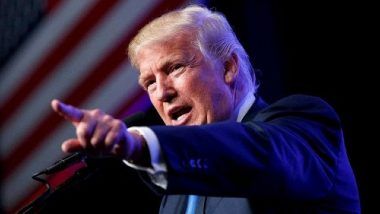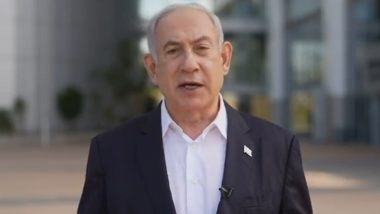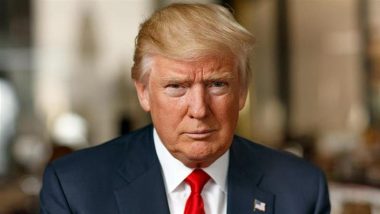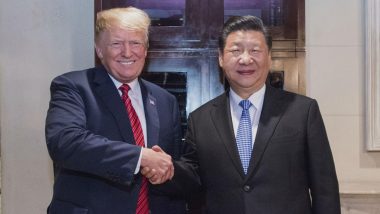Donald Trump Administration’s hardline stance on H-1B visas, and its plan to withdraw the ability of spouses to work as part of the effort have raised tension among foreigners in the United States. The US President’s initiative to restrict spouses of high-skill visa holders from work is estimated to push around 100,000 people out of jobs. According to a new research study, the step could also negatively affect the visa holders and their employees.
H-1B visas have been allowing external workers to take jobs in the United States of America for several years. Donald Trump's recent revision to ban spouses has led to experts trying to study the implications of such a policy change.
Christopher J.L. Cunningham of the University of Tennessee at Chattanooga and Pooja B. Vijayakumar from the Kemmy Business School at the University of Limerick have conducted a research in the recent context. The study found that such a shift is likely to isolate spouses socially, raise domestic tensions and strain the family’s financial resources. Such step is further expected to hurt the visa holder’s satisfaction and increase the risks that they continue in a foreign posting. The cost of failed expatriate assignments ranges from $250,000 (over Rs. 1 crore) to $1 million (over Rs. 6 crore), in addition to indirect costs.
The study author Cunningham specialises in industrial, organisational and occupational health psychology at the University of Tennessee and Vijaykumar is a researcher who is at present studying expatriation and cross-cultural management. They wrote, “Policy changes like the one being considered for America are often made in the absence of complete information that might help policy makers better understand the true breadth of likely consequences.”
In 2015, the United States began to allow spouses of H-1B visa holders to work under the former Obama Administration. To continue their study, the researchers closely observed the experiences of H-1B families in 2014. The authors contacted nearly 1,800 Indian expatriates to participate in the research and the final sample consisted of 416.
“Very unfair to her, so going back to India,” one of the participants told the researchers. “My wife is frustrated that she is unable to further her career,” another was quoted saying. The researchers said that a reinstated ban will likely “be more critical and difficult for expatriate families than what was experienced in 2014, as many of these individuals who were temporarily benefited by the previous presidential administration’s immigration policies may have, in this time, bought a home or started their own businesses.”
The work visa programs which dated back to 1952, were originally designed to allow the United States companies to hire workers from abroad on a temporary basis when they could not find qualified Americans. But the programs advanced with may allegations that companies, especially India’s outsourcing giants had been abusing visas to get less expensive labour. Donald Trump came into the administration vowing to overhaul the programs and protect American workers.
Hence, Trump’s Department of Homeland Security began the process of reversing the eligibility of H-1B spouses to work. Many tech industries representing Google and Amazon.com Inc.; have pushed back against the plan, arguing it will hurt spouses, particularly women as well as the visa holders.
(The above story first appeared on LatestLY on Jul 02, 2018 04:32 PM IST. For more news and updates on politics, world, sports, entertainment and lifestyle, log on to our website latestly.com).










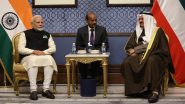


 Quickly
Quickly









